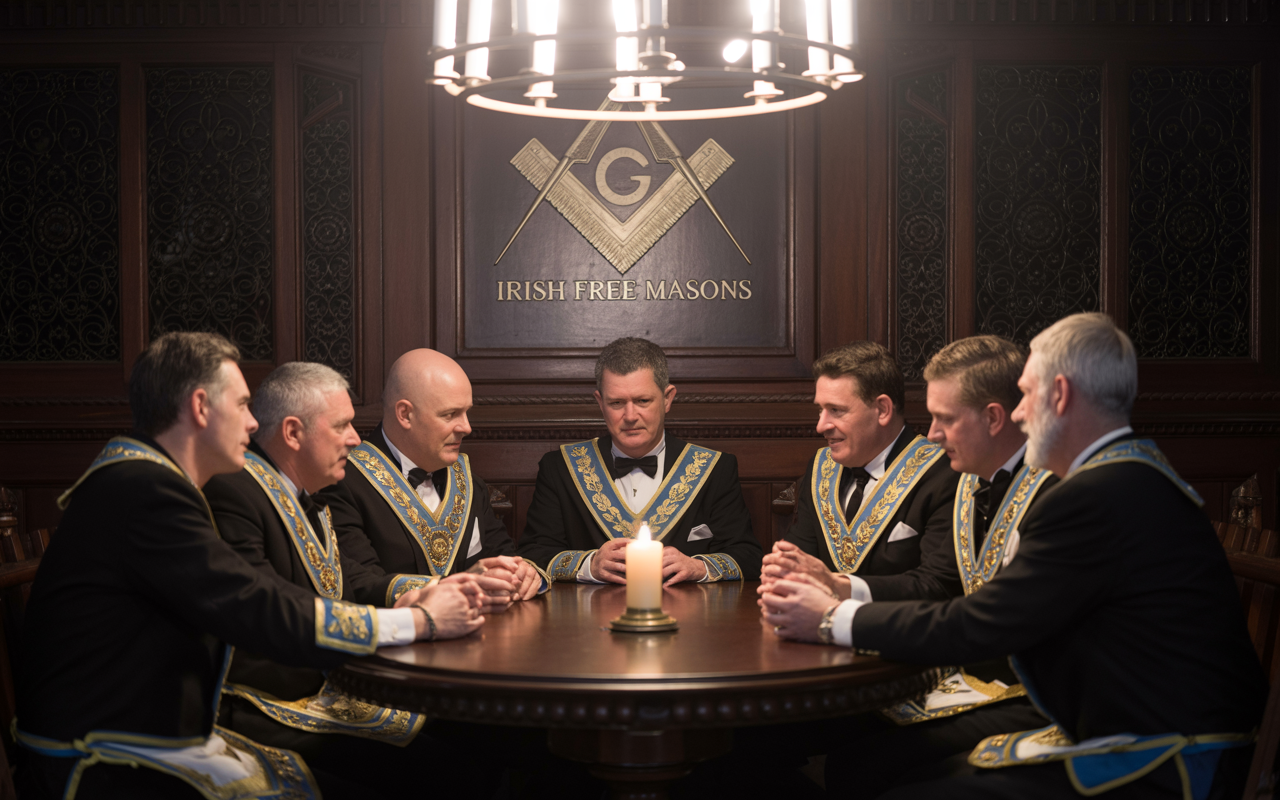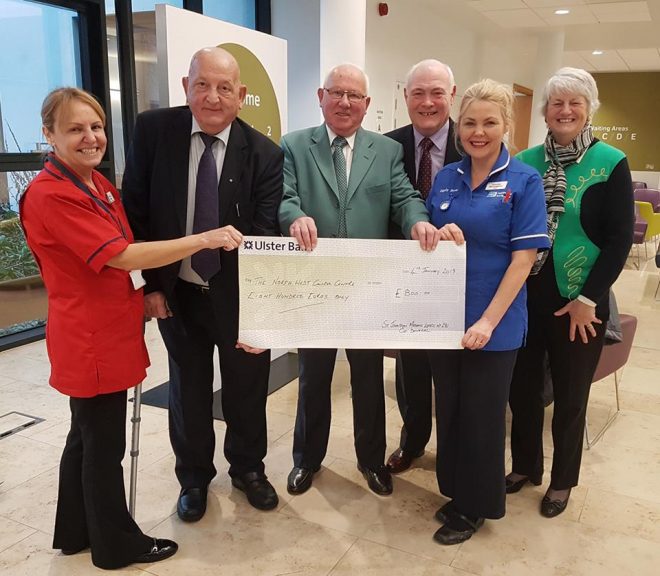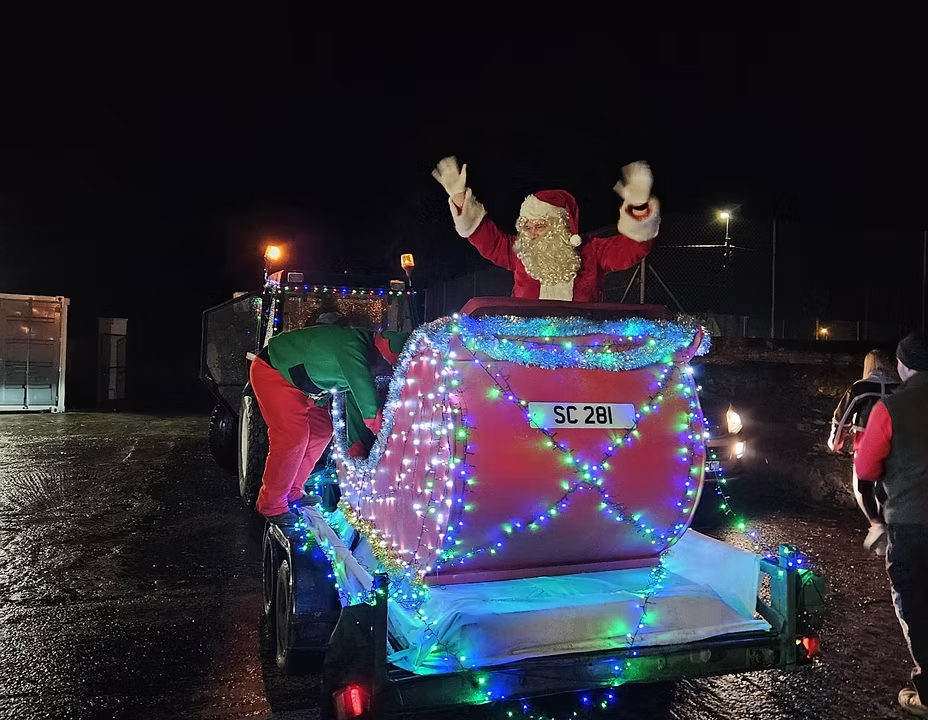Uncover the truth about Freemasonry in Ireland and discover what members actually do in their centuries-old gatherings
Walk past any Irish Masonic Lodges in Dublin, Cork, Belfast, or even the charming village of St Johnston in County Donegal on a Tuesday evening, and you might notice cars gathering in the car park, gentlemen in suits entering through ornate doorways, and windows glowing with warm light. But what exactly happens inside these mysterious buildings? What do Freemasons actually do in Ireland?
The answer might surprise you with its blend of ancient tradition and modern community service—particularly evident in lodges like Lodge 281 in St Johnston, where rural Irish Freemasonry thrives.
The Heart of Irish Freemasonry: Five Core Activities
1. Ceremonial Rituals That Teach Life Lessons
Irish Freemasons gather regularly to perform elaborate ceremonies steeped in symbolism and allegory. These aren’t dark or sinister rituals—think of them more like theatrical presentations with deep moral lessons.
During these gatherings, members:
- Act out ancient stories using symbolic tools like the square, compass, and working tools of mediaeval stonemasons
- Learn principles of integrity, brotherly love, and truth through allegorical dramas
- Progress through three degrees of membership, each with its own meaningful ceremony
- Study the unique Irish Masonic Ritual, which has been carefully preserved for generations
These ceremonies serve as moral instruction, using the metaphor of building—both literal stone buildings and the “building” of good character.
2. Building Genuine Brotherhood Across All Backgrounds
One of the most remarkable aspects of Irish Freemasonry is how it brings together men from completely different walks of life. In a single lodge like Lodge 281 in St Johnston, you might find:
- A bank manager sitting beside a farmer
- A retired teacher sharing supper with a local tradesman
- A shopkeeper discussing philosophy with a young professional from Letterkenny
This diversity is intentional. Freemasonry creates a space where social and economic differences disappear, and men connect based on shared values rather than status or wealth. In rural Donegal, this brotherhood extends across town lands and parishes, uniting communities.
3. Extensive Charitable Work Throughout Ireland
Irish Freemasons are serious about giving back. Their charitable efforts span the entire island and include particularly meaningful work in local communities like those around St Johnston and the wider Donegal area.
Financial Contributions: Lodges regularly donate to local charities, hospitals, schools, and community projects. Many lodges adopt specific causes, from supporting children’s hospitals to funding educational bursaries.
Hands-On Volunteering: Members organise fundraising events, participate in community tidy-up projects, and volunteer their professional skills for worthy causes.
Emergency Relief: During times of crisis—whether natural disasters or community emergencies—Irish Masonic lodges often mobilise quickly to provide assistance.
Educational Support: Many lodges offer bursaries and scholarships to help young people pursue higher education, particularly important in rural areas where such support can make all the difference.
4. Fostering Personal Growth and Self-Improvement
Irish Freemasonry operates on the principle of making “good men better.” This happens through:
Moral Reflection: The symbolic lessons in Masonic rituals encourage members to examine their own behaviour and strive for higher ethical standards.
Leadership Development: Members take turns holding various offices within their lodge, developing skills in public speaking, event organisation, and team leadership.
Philosophical Discussion: Lodge meetings often include time for thoughtful conversation about ethics, philosophy, and personal development.
Mentorship: Experienced members guide newer ones, creating relationships that often extend far beyond the lodge room and into the broader community.
5. Preserving Irish Cultural Heritage
Irish Freemasonry has deep historical roots, and lodges actively work to preserve this heritage by:
- Maintaining historic Masonic buildings and artefacts
- Researching and documenting local Masonic history
- Celebrating the contributions of notable Irish Freemasons throughout history
- Preserving traditional Irish Masonic customs and practices
In County Donegal, this heritage preservation takes on special significance, connecting the area’s rich history with its Masonic traditions.
A Typical Evening at Lodge 281, St Johnston
So what would you actually witness if you could attend a lodge meeting in this picturesque Donegal village? Here’s how a typical evening unfolds:
6:30 PM – Arrival and Fellowship: Members arrive from across the local area—some from St Johnston itself, others travelling from Lifford, Raphoe, or even as far as Letterkenny. They often share a meal together in true Irish hospitality fashion. This social time allows for catching up on personal news and discussing community affairs.
7:30 PM – Formal Meeting: The lodge is formally opened with traditional ceremonies. This might include:
- Reading correspondence from other lodges across Ireland
- Discussing lodge business and upcoming events
- Planning charitable activities for the local community
- Conducting degree ceremonies for new members
9:00 PM – Educational Portion: Many meetings include lectures or discussions on Masonic history, symbolism, or moral philosophy, often with particular reference to Irish Masonic heritage.
9:30 PM – Closing and Social Time: After the formal meeting closes with traditional ceremony, members often stay to socialise, continuing conversations over tea and biscuits—a cornerstone of Irish social life.
Who Are These Irish Freemasons?
Irish Freemasons, particularly in areas like Donegal, represent an incredibly diverse cross-section of society. The membership includes:
- Business owners and employees
- Teachers, Farmers, and solicitors
- Tradesmen and craftspeople
- Pensioners and young professionals
- Men from all religious backgrounds (though belief in a Supreme Being is required)
- Both urban dwellers and rural residents
What unites them isn’t profession or social status, but a shared commitment to moral principles and community service.
The Modern Reality vs. Historical Mysteries
Despite centuries of speculation and conspiracy theories, the reality of modern Irish Freemasonry is refreshingly straightforward. These men gather to:
- Support each other through life’s challenges
- Work together on charitable projects
- Study moral and philosophical principles
- Maintain friendships based on shared values
- Contribute positively to their communities
There are no political conspiracies, world domination plans, or hidden agendas—just ordinary men trying to be better versions of themselves whilst helping others.
How Freemasonry Benefits Irish Communities
The impact of Irish Freemasonry extends far beyond lodge rooms, particularly evident in smaller communities:
Local Economic Support: Lodges often hold their meetings and events at local venues, supporting restaurants, hotels, and event spaces. In places like St Johnston, this support is vital to the local economy.
Volunteer Hours: Members contribute thousands of volunteer hours annually to various community projects across Ireland.
Charitable Donations: Irish lodges collectively donate significant amounts to charities each year, with particular focus on local needs.
Civic Engagement: Freemasons are encouraged to be active, law-abiding citizens who contribute to society, participating in local councils, community groups, and charitable organisations.
The Rural Irish Masonic Experience
In places like St Johnston and across rural Ireland, Freemasonry takes on a particularly community-focused character. Lodge 281 exemplifies how Masonic principles translate into meaningful local action:
- Members know their neighbours personally and can identify specific community needs
- The lodge serves as a meeting point for men from different townlands and parishes
- Charitable work often focuses on local schools, community centres, and families in need
- The lodge building itself often serves as a community resource
This rural perspective demonstrates that Freemasonry isn’t just about grand lodges in major cities—it’s about ordinary men in ordinary places doing extraordinary work for their communities.
The Path Forward: Modern Irish Freemasonry
Today’s Irish Freemasonry balances respect for tradition with adaptation to modern life. Lodges use technology to stay connected, engage in contemporary charitable causes, and welcome men from increasingly diverse backgrounds.
Whilst maintaining their core principles of brotherly love, relief, and truth, Irish Freemasons continue to evolve, ensuring their ancient fraternity remains relevant and beneficial to 21st-century Ireland—from the streets of Dublin to the villages of Donegal.
The Simple Truth
What do Freemasons do in Ireland? They gather as friends, study moral principles, support their communities, and try to live up to high ethical standards. Whether meeting in Lodge 281 in St Johnston or any other lodge across Ireland, it’s both more ordinary and more meaningful than the myths suggest—a testament to the enduring human desire for brotherhood, purpose, and service to others.
Interested in learning more about Irish Freemasonry or Lodge 281 in St Johnston? Contact your local lodge or visit the Grand Lodge of Ireland website for accurate, up-to-date information about this fascinating fraternal organisation.



